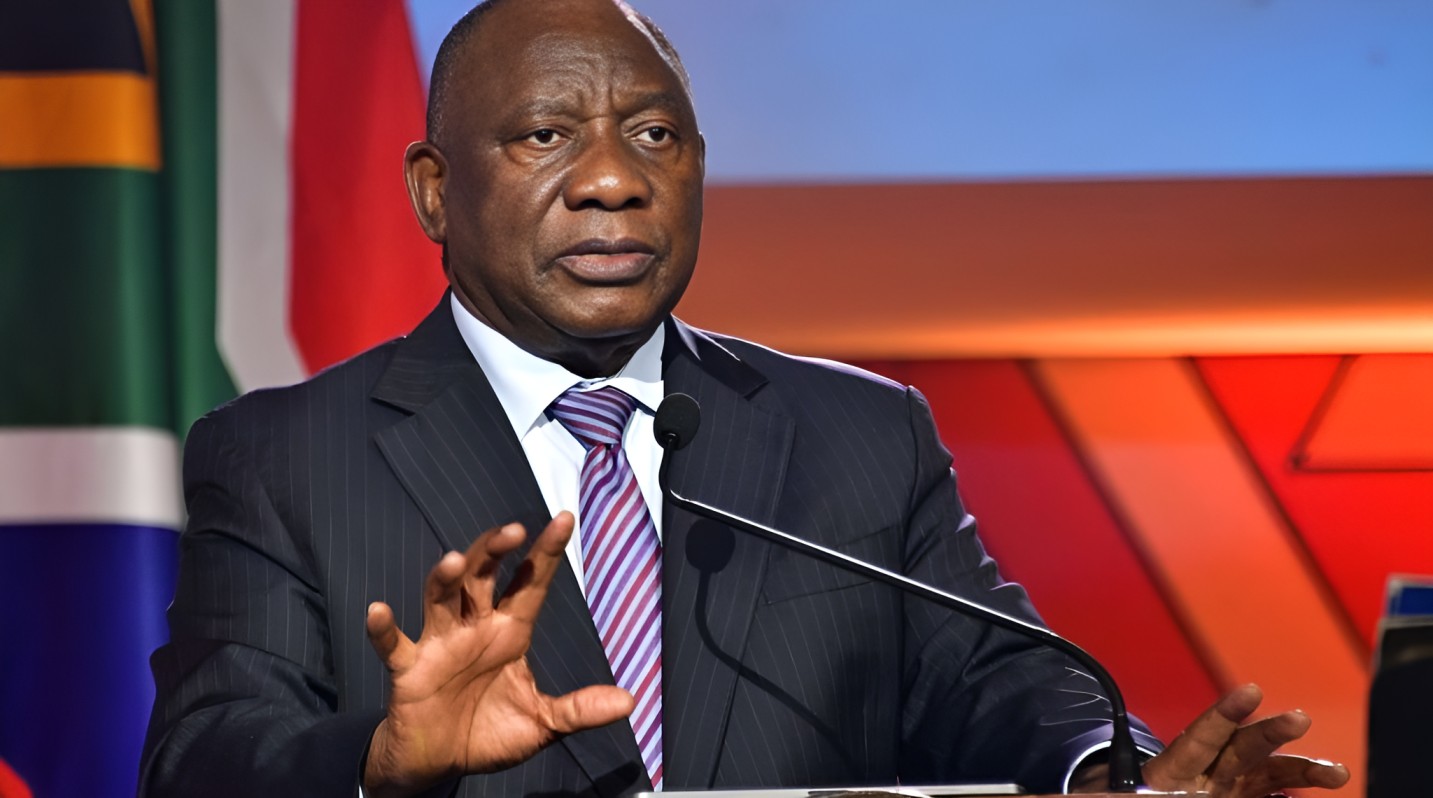Ramaphosa orders probe into delayed Apartheid-era justice

President Cyril Ramaphosa’s office confirmed the formation of a judicial inquiry to examine claims that post-apartheid administrations failed to pursue cases against perpetrators of brutal acts during white-minority rule.
South Africa is set to begin a fresh inquiry into long-standing allegations that political leaders interfered in the prosecution of crimes committed under apartheid, following years of pressure from victims' families seeking justice.
President Cyril Ramaphosa’s office confirmed the formation of a judicial inquiry to examine claims that post-apartheid administrations failed to pursue cases against perpetrators of brutal acts during white-minority rule.
This move comes after decades of frustration by survivors and families of those killed or tortured, who say their calls for justice have been ignored.
In a statement announcing the decision, the presidency said Ramaphosa is "determined that the true facts be established and the matter brought to finality".
The new inquiry is a direct outcome of settlement talks in a court case filed by 25 families and survivors.
The group is demanding $9 million (Sh1.1 billion) in damages from the state, arguing that successive governments failed to pursue justice after the Truth and Reconciliation Commission (TRC) ended.
Established in 1996, the TRC uncovered disturbing accounts of torture, abductions, and killings.
While several perpetrators admitted guilt during the process, few were ever brought to trial.
The TRC denied amnesty to some, including six former police officers who admitted to murdering four men.
But none of the six were ever prosecuted, and they have all since died.
The failure to act on TRC findings has long been a source of pain for victims’ families.
The group behind the current legal action argues that the state abandoned its responsibility to investigate apartheid crimes thoroughly and transparently.
Critics have also accused the African National Congress-led government of entering into an unspoken agreement with the apartheid-era leadership to avoid further prosecutions.
The ANC has repeatedly denied these claims.
On Wednesday, the presidency acknowledged the growing concerns, saying that "allegations of improper influence in delaying or hindering the investigation and prosecution of apartheid-era crimes have persisted from previous administrations".
The head of the judicial inquiry and the timeframe for its work are expected to be revealed soon.
The announcement marks a turning point in South Africa’s long and troubled journey toward justice for victims of apartheid, whose families have waited more than 30 years for closure.
